books read in 2022
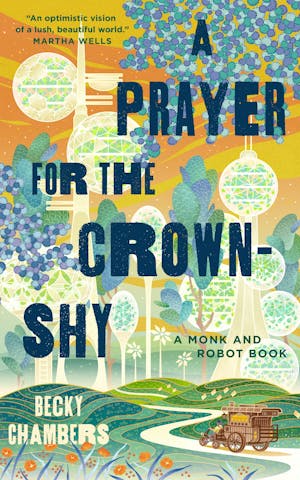
A Prayer for the Crown-Shy
by Becky Chambers
A wonderful sequel to A Psalm for the Wild Built and everything we have come to expect from the unbeatable Becky Chambers. I'm so glad she decided to write a solarpunk series because there is probably no science fiction author I trust more with the concept. Like the first one, this book answers Mosscap's question regarding the needs of humans with love and community.
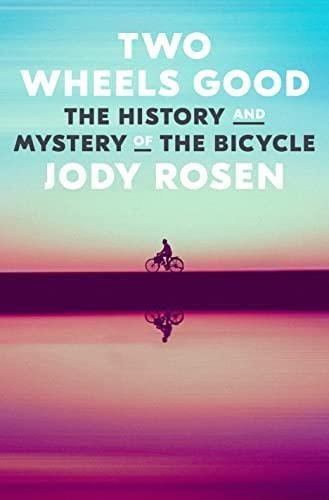
Two Wheels Good
by Jody Rosen
An excellent history of the bicycle, this book details how the bike first took over the world at the end of the 19th century and why it has so much staying power into the 21st century. It also details the ways that activists have used the bike as a means to contest power relations, and why the bike is a symbol of ecological resistance.
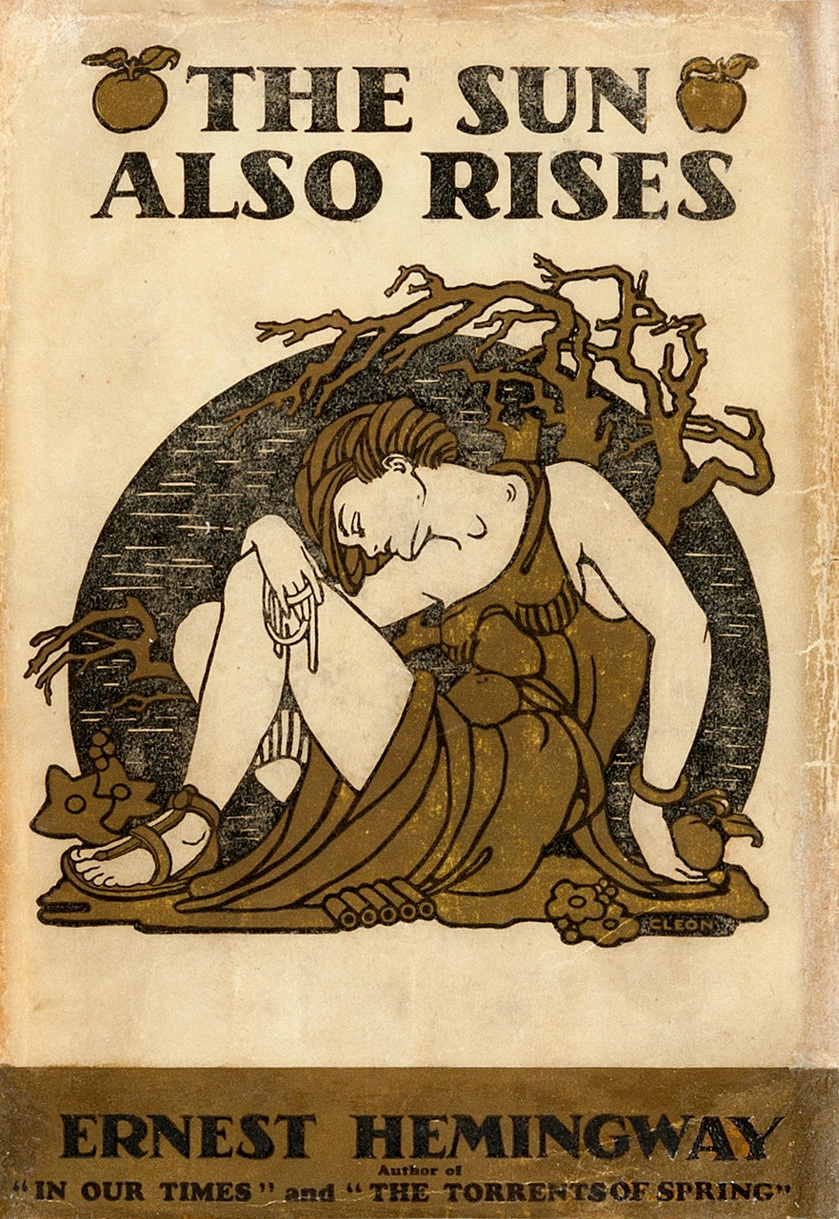
The Sun Also Rises
by Ernest Hemingway
The only Hemingway I had read previously was The Old Man the Sea , which I also quite liked, but I think I understand why this is considered his masterpiece. It's a tragedy, but it's filled with enough joy and comedy in youth that the tragic love story at the center of the book hits in a particularly poignant way. Coincidentally, this book also makes me want to travel around Europe. Hopefully I'll get the chance to do that.
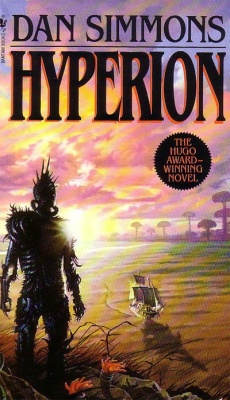
Hyperion
by Dan Simmons
A science fiction, slightly surrealist take on The Canterbury Tales, Hyperion is dripping with philosophy and drama, and I loved every second of it. The scholar's tale in particular, with his daughter tragically fated to age backwards, was heartbreaking and probing. I was surprised by the abruptness of the ending, but it ultimately reminded me of Tarkovsky's Stalker, so I accepted it.

Crave
by Tracy Wolff
HAHAHAHAHAHAHAHAHAHAHA
what a read
not good
but a good time.

Walkable City Rules
by Jeff Speck
I read this one at the recommendation of a friend after talking with her about my interest in walkable city design, and I certainly learned a lot from this! It turnts out, the best way to ensure safety for pedestrians is mostly to make driving as painful for drivers as possible. Perhaps the invention of the personal automobile was a mistake. It was certainly a mistake to design cities and our transportation system entirely around them.

The Library at Mount Char
by Scott Hawkins
This book is one of the strangest fantasy novels I've ever read, but what an absolute thrill ride. Carolyn was one of the most interesting protagonists I've ever encountered, and I was definitely cheering for her to acquire what amounts to absolute power, which is bizarre for me. I loved the morbidity of the whole thing as well, and Steve was a surprisingly sweet character. I'd read another book about killing God.
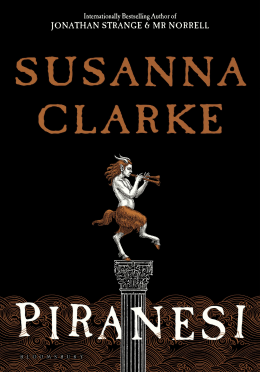
Piranesi
by Susanna Clarke
A mesmerizing fantasy novel in which the titular character, Piranesi, lives in an endless labryinth filled with statues and birds, all sitting atop a raging ocean. Piranesi knows of no other world, but there is one other person who occasionally visits, and Piranesi must solve the mystery that the Other initiates by his presence. It's a surreal and meaningful read. The mystery is fun to watch unravel, but Piranesi's inspirational character really puts it over the top.

Stolen Focus
by Johann Hari
This book takes the reader on a whirlwind tour of every reason we can't seem to pay attention as well in the modern world. It covers everything from social media to pollution, filtering this all through conversations that the author had with scientists aroudn the world who study this issue. This was a fascinating read, and fits right in line with works like Four Arguments for the Elimination of Television. Delete your accounts.

Wanderlust: A History of Walking
by Rebecca Solnit
Solnit manages to talk about a wide variety of things, from poetry to revolutions, all while focusing on the general history of walking and what it means to have spaces to walk. I really enjoyed this book, and it certainly furthered my interest in urban design. The bit where she talked about the weirdness of the treadmill and the Sisphyian nature of the suburbs was very funny and insightful.
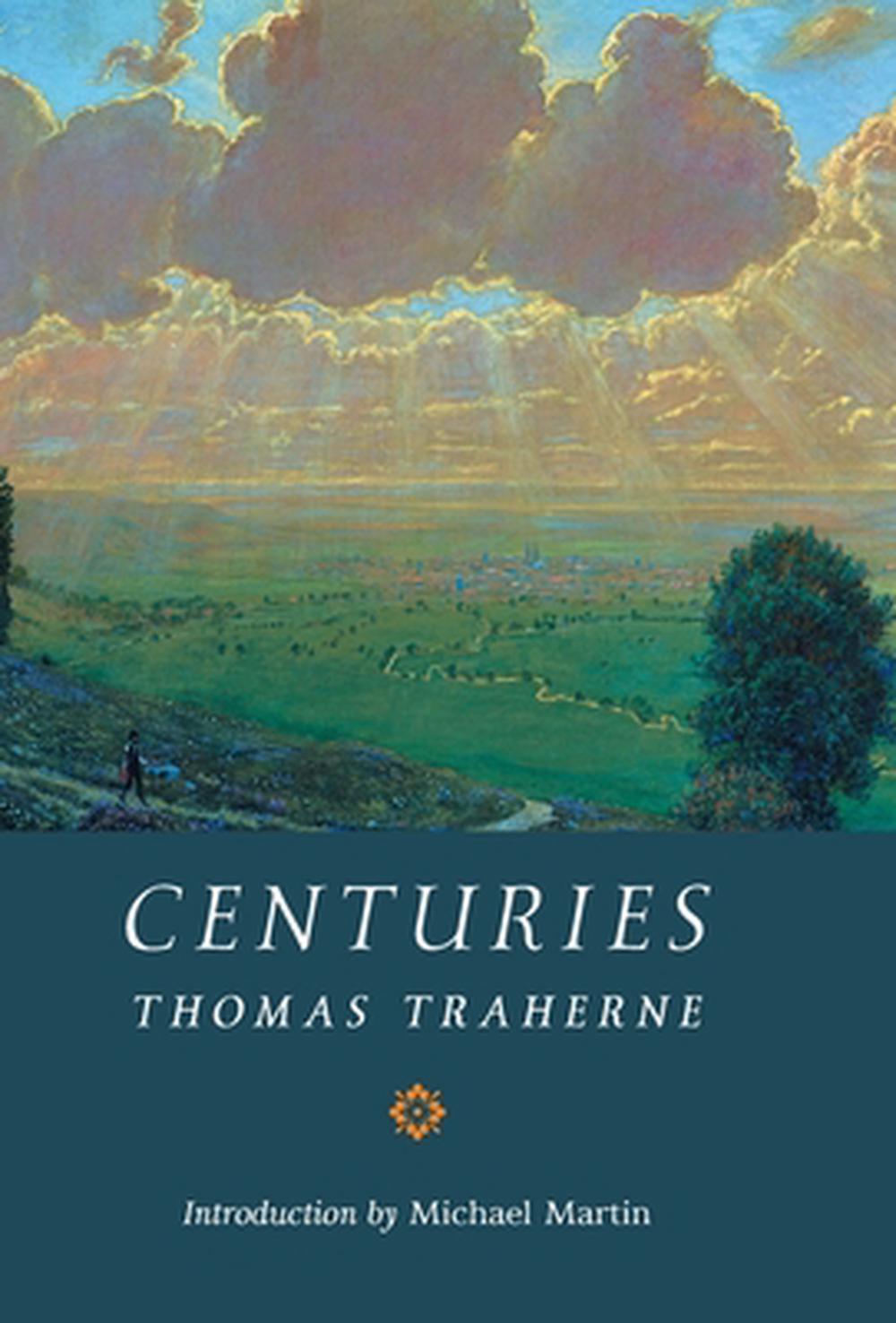
Centuries
by Thomas Traherne
A great mystical text that is clearly the source of much of David Bentley Hart's philosophy. Traherne argues that if we could only see the world as God sees it - that is, if we could only see it for the Love and Beauty that it exemplifies - we would be always filled with happiness and gratitude. A great work of Anglican mysticism, comparable in some ways to Revelations of Divine Love
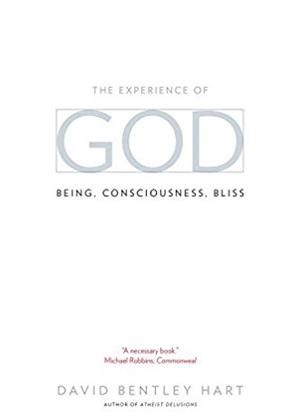
The Experience of God
by David Bentley Hart
This book is essentially the best available refutation of The God Delusion and other similar atheist texts. Hart goes through and systematically explains the reason that rational people might believe in God, and explains why a purely materialist account of the universe still leaves many questions unanswerable, particularly regarding existence, consciousness, and bliss. Worth a read for anybody interested in religious studies and philosophy of religion, as Hart always is.

Citizen: An American Lyric
by Claudia Rankine
It's hard to describe the genre of this work. It's a multi-media project that involves both image and poetry, and it's just a stunning work of art. Rankine explores what it means to experience racism in America throughout the book, but she broadens the scope as well to talk about self-actualization and the fear of being seen. The bit about Serena Williams was particularly lovely.
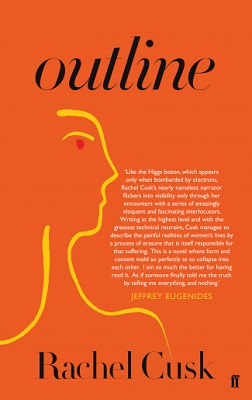
Outline
by Rachel Cusk
It's amazing how every novel I read during these first two months of the year had to do with memory and our reinterpretations of memory as we live our lives. Outline fits right into this pattern, revolving around a woman and the conversations she has with people throughout her work teaching writing in Athens. A haunting and lovely read that has a lot to say about love, loss, and re-interpreting yourself.
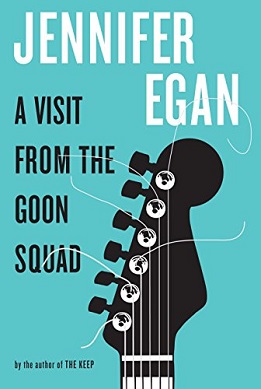
A Visit from the Goon Squad
by Jennifer Egan
This book is structured as a collection of independent short stories, but they are all interelated and they ultimately form a novel. It was a beautiful read, and an interesting meditation on the nature of change, memory, and time. I also loved that it centered around punk rockers and the music inudstry - finally, a literary novel talking about what really matters.

The Sense of an Ending
by Julian Barnes
A very interesting novel about the nature of time and memory. In many ways, this novel has shades of Ishiguro, but the plot itself is structured more like a thriller or a mystery. One of the major themes revolves around Camus and the Myth of Sisyphus, particularly Camus' assertion that the only important question is whether or not to kill yourself.

Austerlitz
by W.G. Sebald
Wow, what a remarkable book. A melancholy and meditative exploration of 20th century European history through the eyes of one man who endured far too much, this book was a joy to read. Sebald includes many references to European architecture throughout the book, and he includes pictures, which I thought was a novel way to include a visual element. Just a beautiful read.